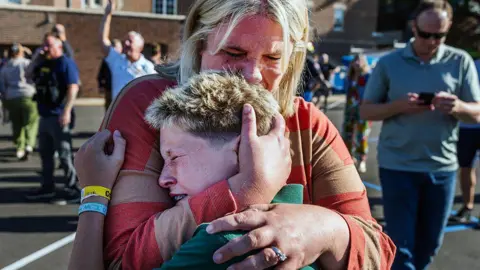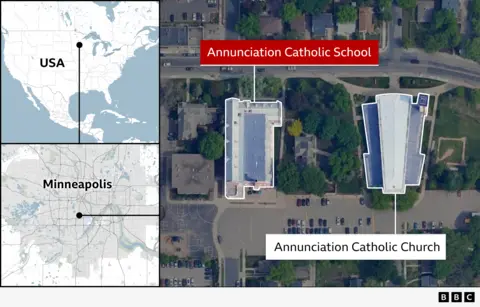In a concerted effort to combat human trafficking, an expansive international operation resulted in the apprehension of 158 individuals and the identification of 1,194 potential victims over a span of six days in June. The operation, dubbed “Global Chain,” mobilized approximately 15,000 officers from 43 countries across Europe, Asia, Africa, and South America, as detailed by Europol.
The initiative primarily targeted established criminal networks engaged in human trafficking, focusing on the exploitation of underage individuals for various forms of sexual exploitation, forced criminal activities, and coerced begging. According to David Caunter, Interpol's director of organised and emerging crime, human trafficking is a heinous crime that exploits the vulnerable, including children.
The operation, orchestrated by authorities from Austria and Romania, led to arrests in multiple countries, including Thailand, Nigeria, and Vietnam. Notably, police in Malta rescued three Colombian women, who had been misled into believing they would find cleaning jobs. Upon arrival, their passports were confiscated under false pretenses, leading to their coercion into prostitution.
In Austria, a series of seven arrests targeted a Romanian family gang accused of employing the "lover-boy" tactic to manipulate women into sexual exploitation, while Italian authorities conducted raids on massage parlours linked to trafficking, identifying 75 victims. The analysis of potential victims revealed a diverse origin, spanning 64 countries, with Romania, Ukraine, Colombia, China, and Hungary being the most prevalent.
The operation also facilitated the seizure of significant assets, including €277,669 in cash, 30 firearms, 65 counterfeit documents, and a tonne of cannabis. This operation mirrored a similar one from the previous year, where around 200 suspects were detained and over 1,300 victims were identified, highlighting the ongoing challenge of human trafficking.
The initiative primarily targeted established criminal networks engaged in human trafficking, focusing on the exploitation of underage individuals for various forms of sexual exploitation, forced criminal activities, and coerced begging. According to David Caunter, Interpol's director of organised and emerging crime, human trafficking is a heinous crime that exploits the vulnerable, including children.
The operation, orchestrated by authorities from Austria and Romania, led to arrests in multiple countries, including Thailand, Nigeria, and Vietnam. Notably, police in Malta rescued three Colombian women, who had been misled into believing they would find cleaning jobs. Upon arrival, their passports were confiscated under false pretenses, leading to their coercion into prostitution.
In Austria, a series of seven arrests targeted a Romanian family gang accused of employing the "lover-boy" tactic to manipulate women into sexual exploitation, while Italian authorities conducted raids on massage parlours linked to trafficking, identifying 75 victims. The analysis of potential victims revealed a diverse origin, spanning 64 countries, with Romania, Ukraine, Colombia, China, and Hungary being the most prevalent.
The operation also facilitated the seizure of significant assets, including €277,669 in cash, 30 firearms, 65 counterfeit documents, and a tonne of cannabis. This operation mirrored a similar one from the previous year, where around 200 suspects were detained and over 1,300 victims were identified, highlighting the ongoing challenge of human trafficking.






















